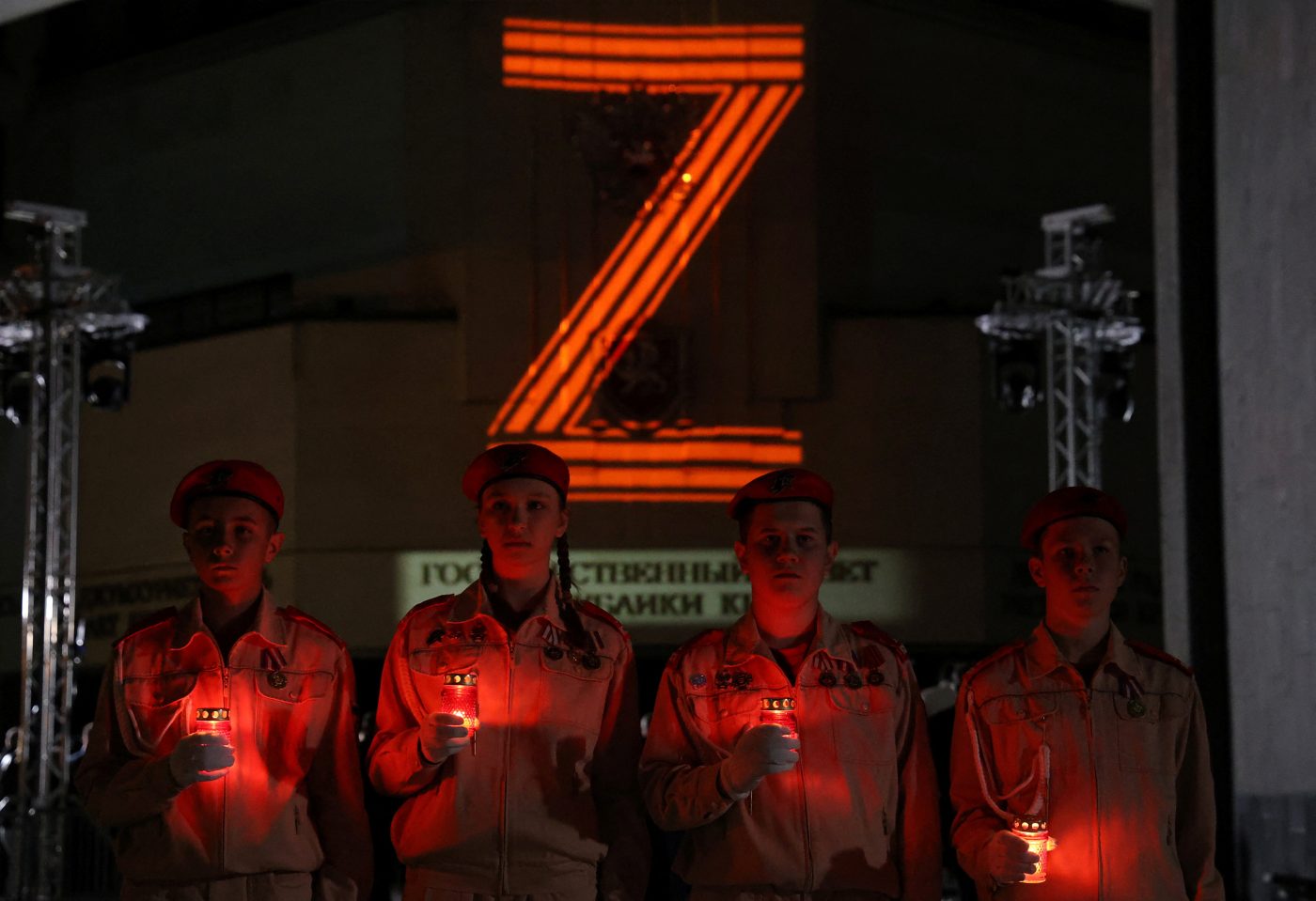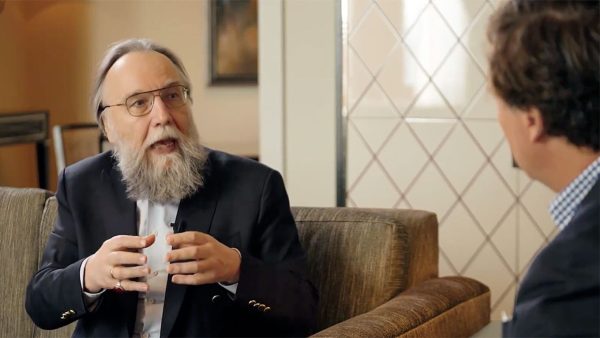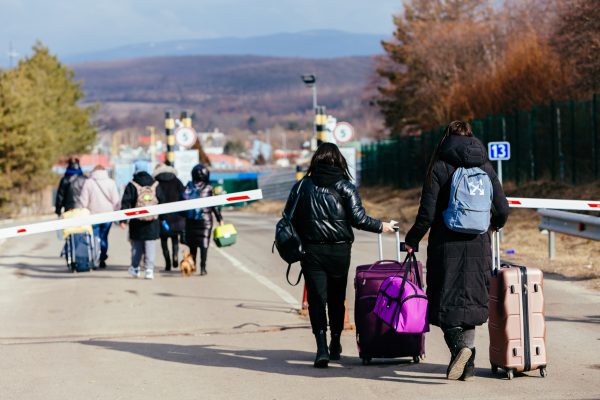The Russian authorities are increasing the indoctrination of children and young people in an attempt to secure their support. In mid-April, the Ministry of Education ordered teachers to tell pupils about heroes of the “Special Military Operation,” “wartime heroic deeds” and “spiritual-moral values, including service to the Fatherland.”
A “War Special Course” is being planned for seventh-grade (12-13 year-olds) history lessons, including a block entitled “Heroic Deeds: How to Recognize a Hero.” Children will be told about “heroism as self-sacrifice,” “heroism in wartime” and “heroism in peacetime,” alongside “heroes of the special military operation,” Agentstvo News reported.
The new curriculum builds on “Conversations about what’s important,” which have been used in schools since 2022 to tell children about the “goals and heroism” in Ukraine and offer other patriotic inspiration.
Officials now want to go further in the battle for children’s minds. Alongside the planned extra lessons, the ministry has edited the literature for young people in the 10th and 11th grades (15-16 year-olds), for example removing George Orwell’s dystopian novel 1984 – which, interestingly, was Russia’s best-selling book in 2023.
Some propagandists have suggested removing the word “totalitarianism” from the school curriculum altogether. A columnist in the business newspaper Vzglyad expressed outrage that school textbooks describe totalitarianism as including “mutual surveillance and denunciations,” “destruction of the opposition,” “mass terror” and “intimidation of the people.”
Such an approach “equates the Nazi and Soviet regimes,” the newspaper’s columnist complained, and therefore the term should simply be removed from textbooks.
The ideological indoctrination of young people is not limited to the classroom, it is also actively implemented in extracurricular activities. State programs for the development of patriotism among young people, currently a priority, are all in some way dedicated to war.
“Meetings with heroes” are organized for children, with the “heroes” provided by veterans of the war in Ukraine. Pupils in the Urals were invited to a patriotic song festival dedicated to the 35th anniversary of the Soviet withdrawal from Afghanistan and to take part in an essay competition with the title “There is such a profession — to defend the Motherland!” Students were even asked to create musical greeting cards for combatants in Ukraine.
Such emphasis on the younger generation is not accidental. As researchers have already noted, the main focus for indoctrination is placed on the young as they are less affected by cynicism than the older generation. There is also an acute shortage of personnel, particularly young employees (the overheated wartime economy lacks almost 5 million workers) and the authorities want patriotic youngsters to limber up for the tasks ahead.
In the first quarter of 2023, the number of vacancies on hh.ru, Russia’s largest recruitment service, increased by 30%, while the number of resumes increased by only 3%. That pattern was repeated in the first quarter of 2024.
Such imbalance results from two years of all-out war. At least 800,000 mostly young people have left the country and estimates of the dead and seriously wounded total at least 300,000 to the end of last year. With falling birthrates, the armed forces now numbering at least 1.1 million, and with young men constantly drafted into the military, young people are at a premium. Meanwhile, emigration is continuing, particularly among young specialists.
VTsIOM, a Kremlin-friendly research center, joyfully noted in March that “the desire to emigrate among young people in Russia has decreased over the past two years,” and now stands at only 18%. For comparison, in 2022, 30% of respondents in the 18-24 age group wanted to leave their homeland forever.
It is unclear how much trust can be placed in the data of pro-Kremlin sociologists, but even if these are accurate, commentators have noted that one in five would-be emigrants is still very high.
Denis Mikhulya, a member of the Russian Association of Political Consultants, who is loyal to the regime, says the fall is due to a significant number of those planning to leave for political reasons already having gone. At the same time, those who want to emigrate have every reason to hide their plans given the regime’s increasingly despotic bent.
Repression and revenge are expected to be ramped up still more. In Belarus, which is often seen as a testing ground for repression in Russia, the Lukashenka regime is exerting serious pressure on the relatives of those who have left the country.
Administrative and criminal cases are initiated against them, they are intimidated and pressured to tell their relatives to return. There has also been an increase in property confiscations, and a new law allows for the revocation of citizenship for “extremism” or “serious harm to the interests of the state.”
Would-be emigrants may also be deterred from leaving by their less-than-warm embrace for those reaching the West; it is for Russians to find employment and acceptable living conditions in the European Union and other likely destinations.
And yet, in spite of the challenges and the Kremlin’s best efforts, it is evident a significant proportion of young people still see no future in Putin’s Russia.
Kseniya Kirillova is an analyst focused on Russian society, mentality, propaganda, and foreign policy. The author of numerous articles for CEPA and the Jamestown Foundation, she has also written for the Atlantic Council, Stratfor, and others.
Europe’s Edge is CEPA’s online journal covering critical topics on the foreign policy docket across Europe and North America. All opinions are those of the author and do not necessarily represent the position or views of the institutions they represent or the Center for European Policy Analysis.





